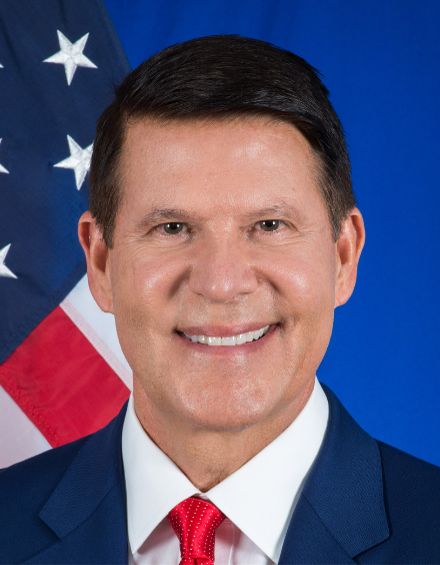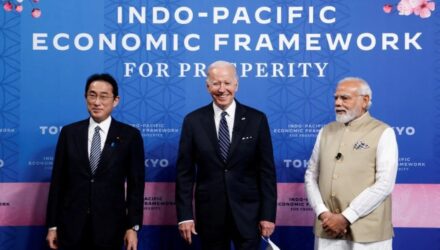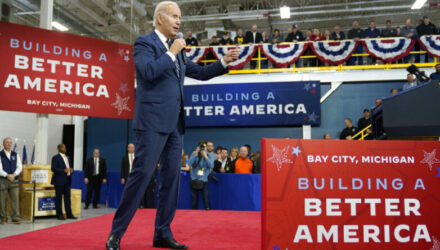Country Commissioner

Keith Krach
Chairman and Co-Founder, Krach Institute for Tech Diplomacy at Purdue
Country Commissioner, United States of America
Keith Krach is a Silicon Valley innovator and dedicated public servant. He founded and led several category-creating companies — including Ariba, the world’s largest B2B e-commerce network, which transacts $3.7 trillion annually; and DocuSign, inventors of digital transaction management, serving 1 million companies, and over a billion users. He served as Chairman of Purdue University, and as international President of Sigma Chi Fraternity. As Under Secretary of State, Krach spearheaded the largest onshoring in US history; repatriated 100,000 citizens during COVID; was the highest-ranking US official to visit Taiwan in 41 years; and built the Clean Network Alliance of Democracies to defeat the CCP’s masterplan to control 5G. Today, he serves as chairman of the Krach Institute for Tech Diplomacy at Purdue, a bipartisan institute devoted to applying the lessons learned from the Clean Network to a broad set of other critical technologies that must be safeguarded to protect our freedom.
Related Content

As a rich and powerful nation, the United States has a moral obligation to provide humanitarian assistance around the globe. And we have done so, from both public and private sources, more than any other nation. But beyond that, the United States must focus its aid on countries that are strategically relevant to it.

The White House has simultaneously launched a video campaign to highlight the array of non-tech jobs associated with the semiconductor industry. Biden has visited four other computer chip sites since September, with the highly paid factory jobs promising spillover hiring for construction, janitorial services and other businesses.

A group of distinguished bipartisan leaders in foreign policy and national security, including Senators Jeanne Shaheen (D-NH), Todd Young (R-IN), and Bill Hagerty (R-TN), as well as Representatives Michael McCaul (R-TX) and Josh Gottheimer (D-NJ), serving as Honorary Co-Chairs of the Global Tech Security Commission, have issued a call to their fellow Members of Congress to join the effort to develop a Global Tech Security Strategy to defend freedom against technological authoritarianism.
